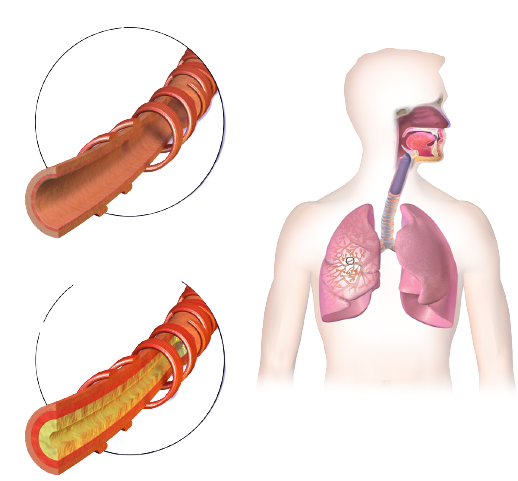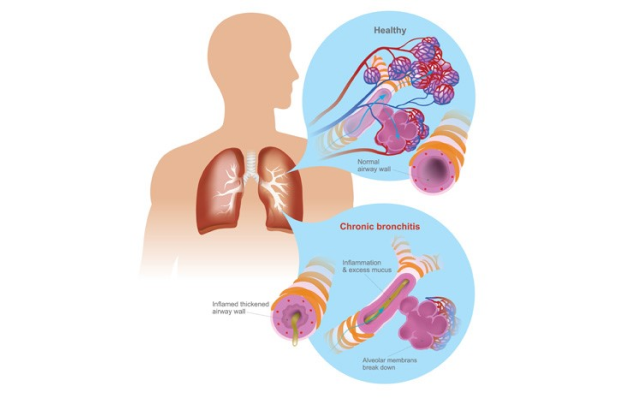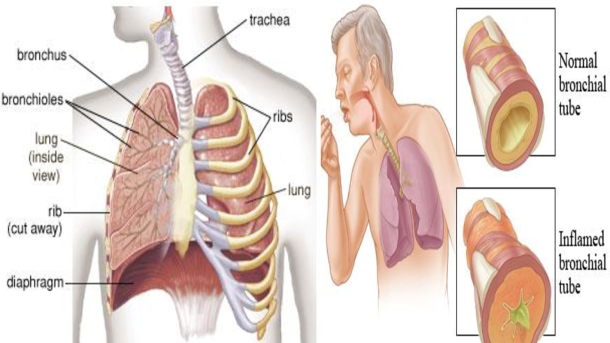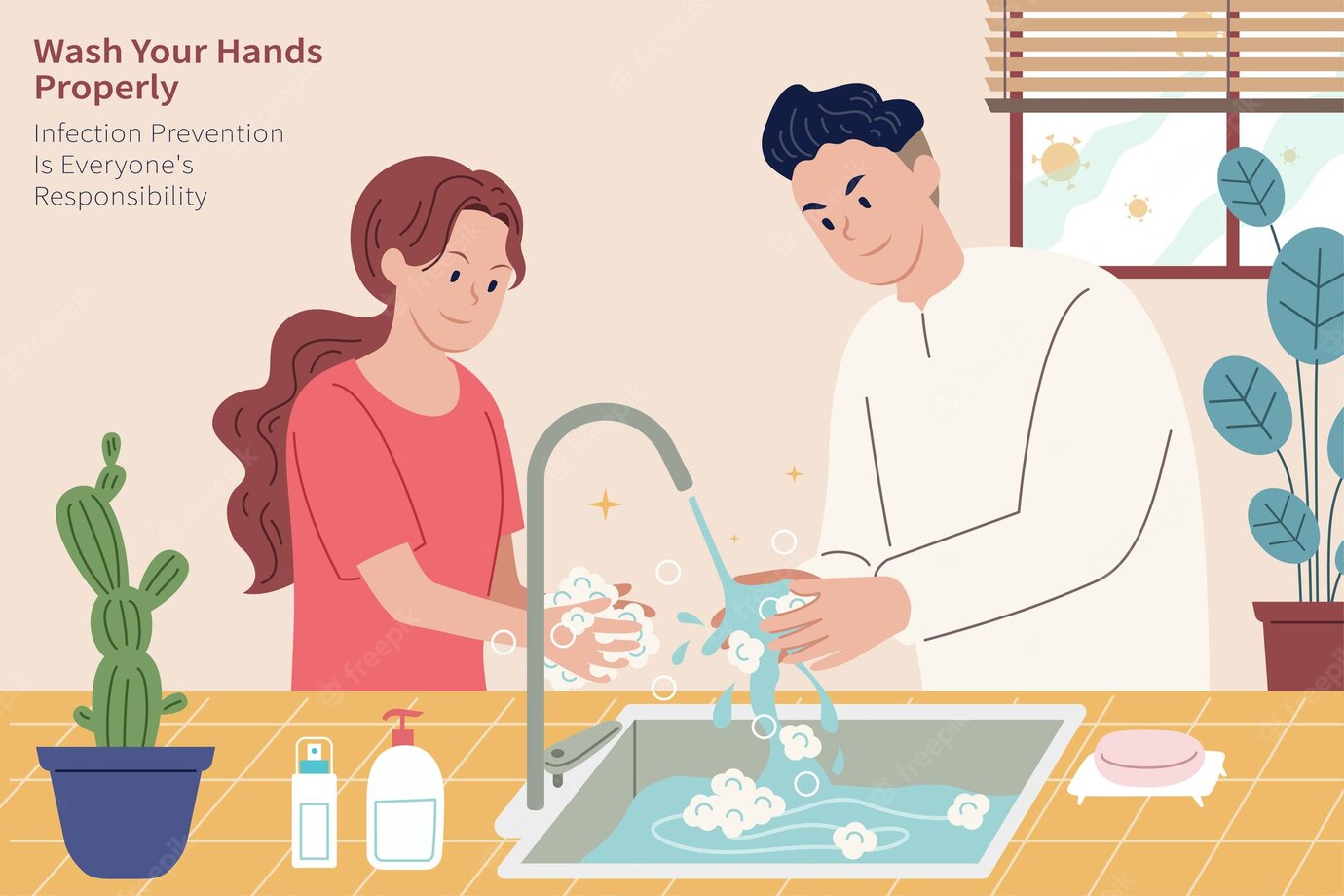Bronchitis
bron·chi·tis | brän-ˈkī-təs
Bronchitis arises whenever the bronchial tubes that supply air to the human lungs get inflamed and enlarged; it is merely a swelling in the airways of a human (bronchi). The Bronchi link the trachea (windpipe) to the human lungs' small air sacs (alveoli) and the body absorbs oxygen through the alveolar walls. Consequently, Bronchitis causes the bronchi to expand and be filled with sticky mucus; this makes breathing difficult and prompts a person to cough. Bronchitis may be either acute or chronic.








